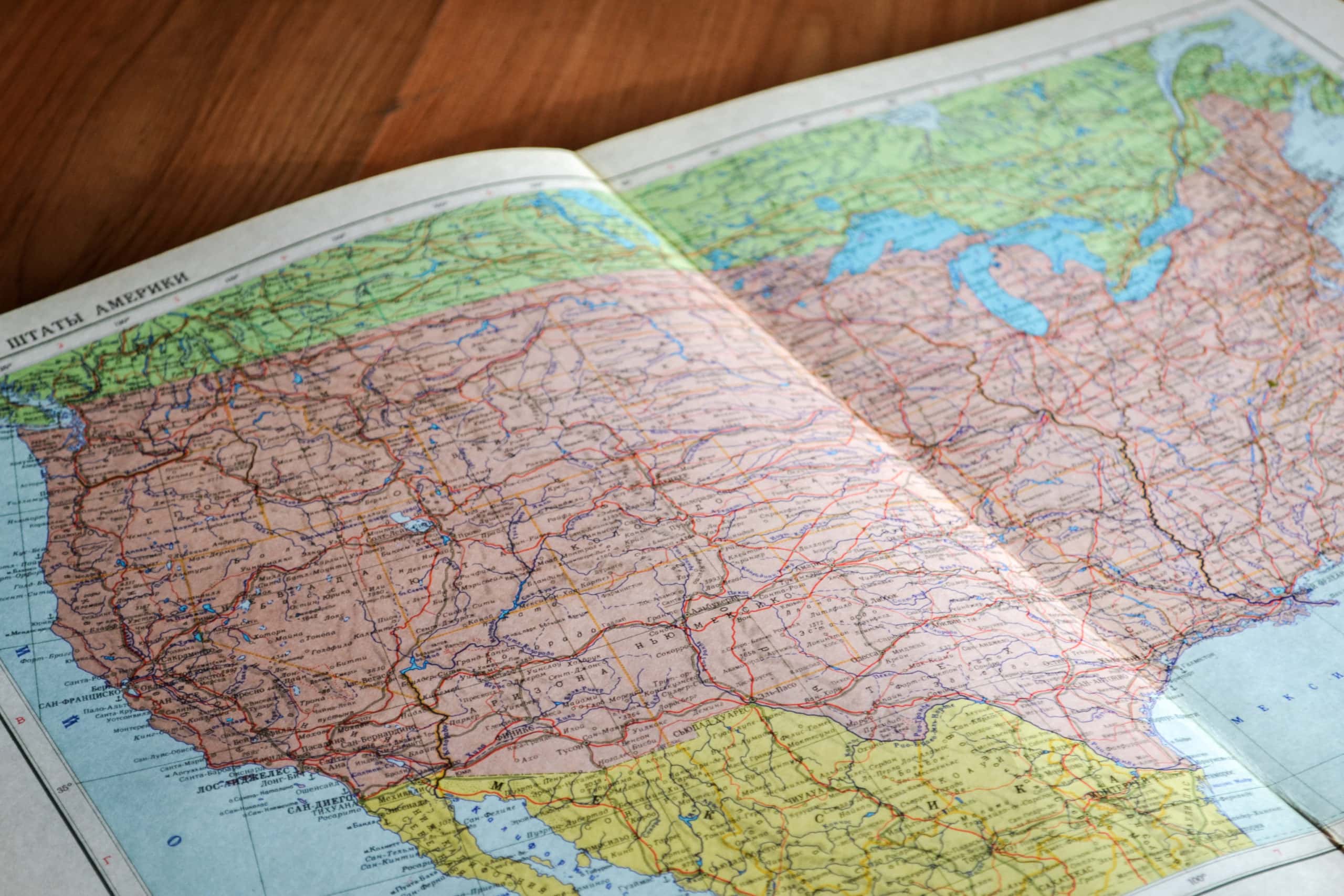Surviving the Trump Slump: What Airlines Can Learn From Tourism Slowdowns
Share

APEX Insight: Just as individual US cities and states made end-runs around the White House in support of the Paris climate change accord, so too can American regional tourism boards and airlines leverage their own brands to woo international holidaymakers in the face of reduced tourism to the US.
After initially dismissing the “Trump Slump” as a non-event, the US Travel Association recrunched the numbers and found that foreign travel to the USA has indeed dipped since Trump’s inauguration. “We kept projecting drops in international visitation, and they kept not materializing,” said David Huether, senior vice-president of Research for the US Travel Association. “However, we recently were able to access new data inputs for the TTI to give us an even more comprehensive picture, and sure enough, the international travel segment has been far weaker than what was initially shown.”
The outlook for international inbound travel to the US remains gloomy for the rest of 2018. As the report notes, “The previously reported April rebound (which can likely be attributed to the timing of Easter this year versus last year) coupled with the slight uptick in May should be interpreted with caution, as the overall trend for the year remains negative.”
Foreign visitors brought $212 billion into the US economy in 2016. In discouraging visits from abroad, the US could negatively impact the bottom lines of the airline passenger experience industry. There is precedent for recovering from a dip like this, but it’s not an easy road for either the destination or the airlines serving it. America needed until 2016 to return to pre-9/11 tourism levels – US Travel Association CEO Roger Dow called it “the lost decade.” The most recent US Travel Association report suggests doubling down on Brand USA, brought into being by the Travel Promotion Act in 2010, which Trump has put on the chopping block.
Turkey has also had a turbulent few years, with a failed coup and subsequent swerve away from democracy, which has alienated European tourists. The nation focused on touting its historical and geographic bona fides, as well as courting visitors from outside Europe. International tourism to Turkey is on the rise again and the US can learn from this.
Should worse come to worst and some airlines scale back their US-bound schedules due to slackened demand, others can make hay while the sun shines: Chile-based Latin American Wings snatched up routes to Caracas, Venezuela, when they were abandoned by Delta, LATAM, and Avianca earlier this year.


